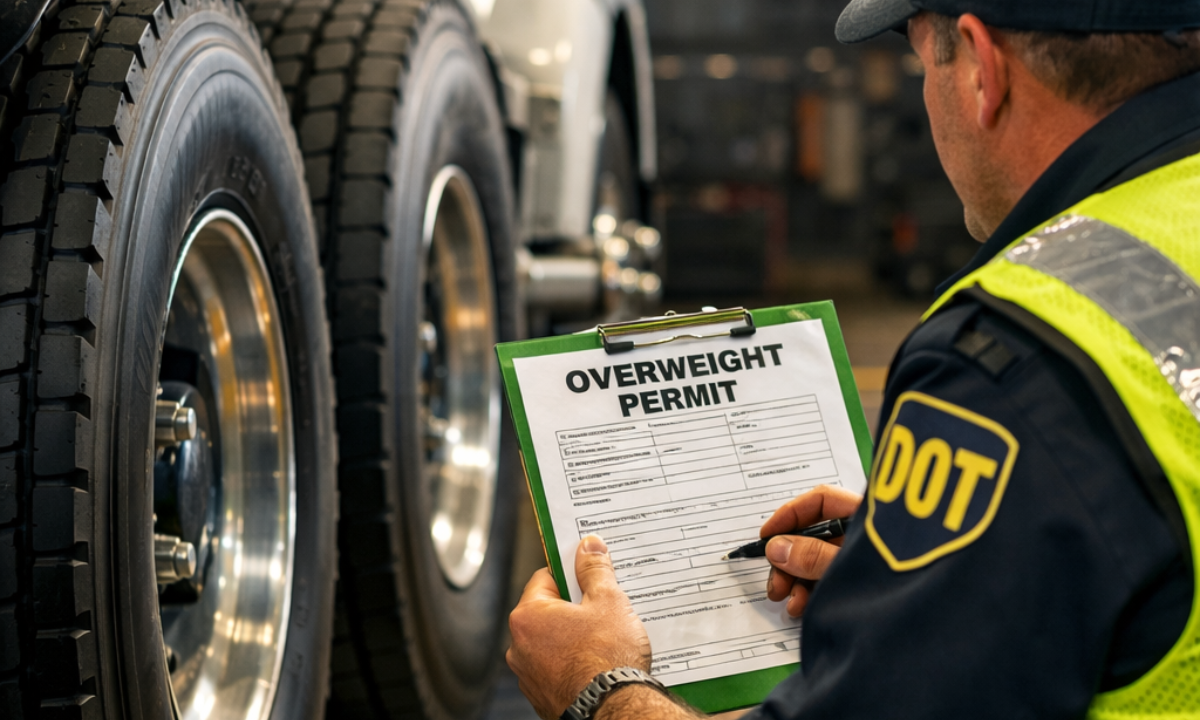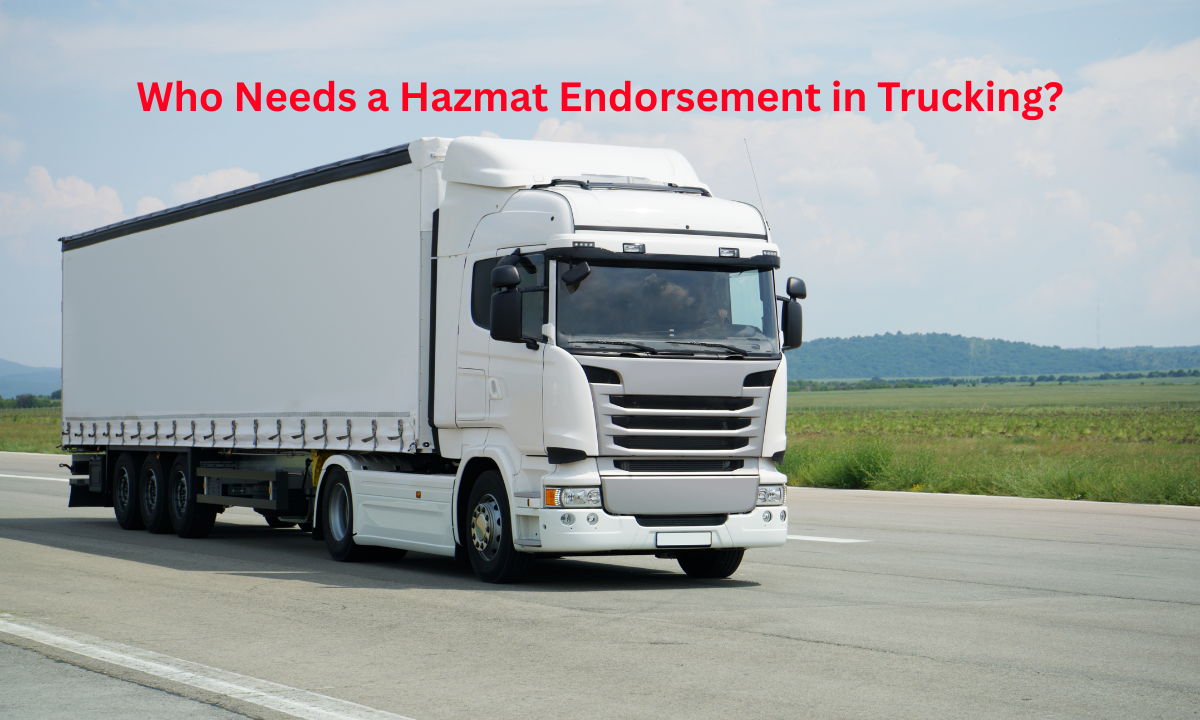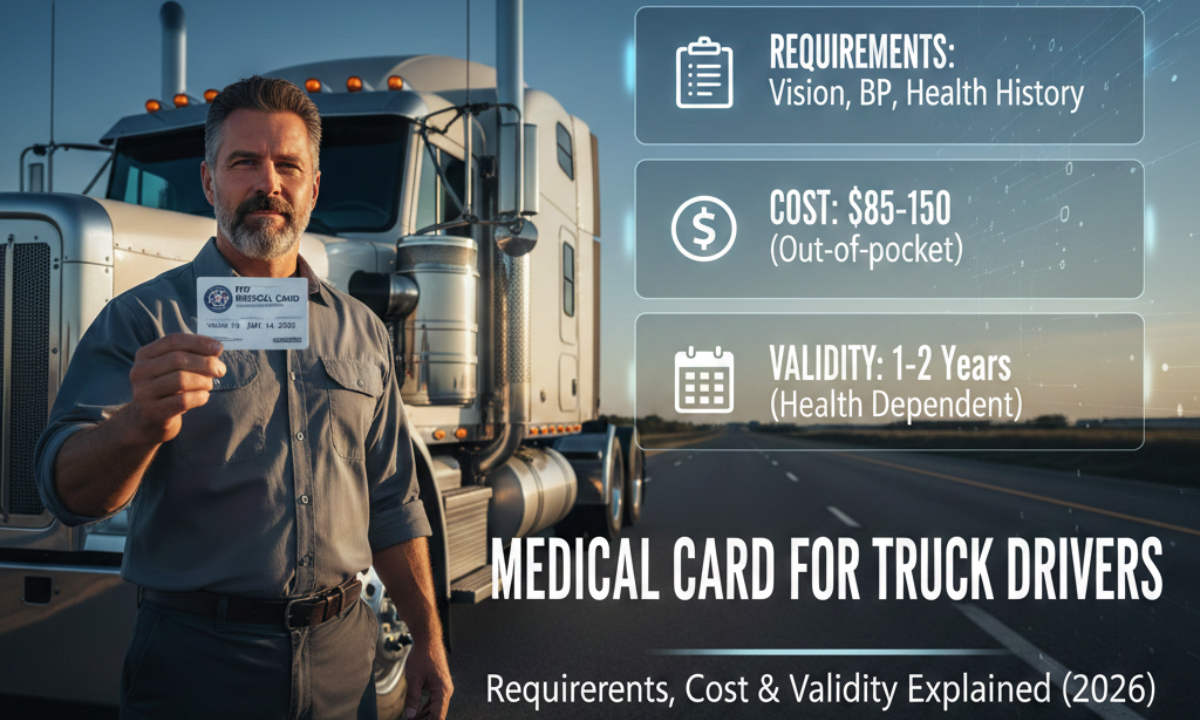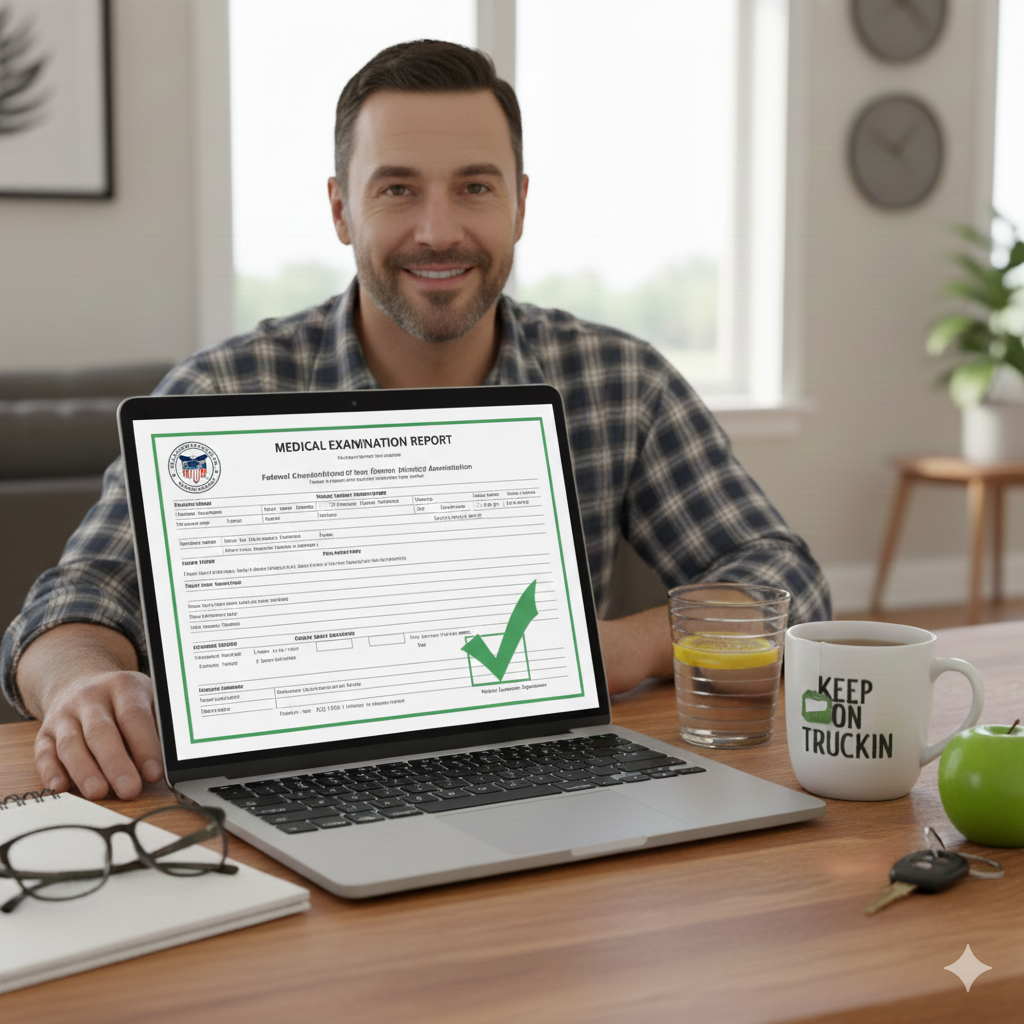What kind of driving record do I need to get a job?
Having a clean driving record is among the many fundamental factors that trucking companies look at when hiring drivers. Employers want to see safety, compliance, and reliability measured before they can put their trust in someone for high-value freight and large commercial vehicles. Knowing what will constitute an acceptable driving record can be the difference between securing a job or being rejected.
The Need for a Clean Driving Record in Trucking
Trucking companies want to rely on drivers who have demonstrated their responsible behavior on the road. Consequently, a Motor Vehicle Report (MVR) normally will be reviewed at some stage during the hiring process for the assessment of past driving behavior. Usually excessive violations may lead to disqualification since the company has the obligation to protect its reputation, lessen liability, and comply with Department of Transportation (DOT) regulations.
Standard Expectations for Truck Drivers
These varied expectations reflect the fact that a lot of parameters have been put in place by different employers; however, most employers view the major expectations to be:
- No major violations such as DUI, reckless driving, or hit-and-run within the last three-five years.
- Limit number of moving violations; if it is allowable, one or two speeding tickets would be feasible, but a collection of them in recent years is a red flag.
- No suspensions or revocations of a license due to unsafe driving.
- Steady driver history in accordance with traffic rules.
These expectations ensure good practices for when a driver is operating a commercial motor vehicle (CMV).
Minor Violations vs. Major Violations
Employers usually try to distinguish between minor infractions and major offenses:
- Minor Violations: Slight speeding, failure to signal, and inappropriate lane-change.
- Major Violations: Driving under the influence (DUI), Reckless Endangerment, Major, ex-personal in the work aspect: driving 15; mph over limit or driving without a license.
Truckers, who happen to have major offenses, find themselves under much scrutiny and can take years before they can be eligible for certain job postings.
Back How Long Do Those Companies Check Records?
Most carriers check for 3-7 years of driving history, depending on their own insurance standards and requirements. For DOT-regulated carriers at least the last three years of MVR history are mandatory. Some insurance companies would require even longer reviews, usually for drivers applying for high-value or hazardous materials transport.
Can You Get an Employment with a Bad Driving Record?
It is possible to get jobs, and this may, however, be limited. Companies may deliver training or hire with an attitude toward second chances for drivers showing improvement and responsibility. Safe driving following prior errors will perhaps enable one to be viewed favorably for employment.
Tips in Keeping a Good Driving Record
In order to remain desirable and remain in good standing in trucking and build a career, drivers should:
- Follow traffic laws,
- Avoid distractions while driving a CMV, such as a telephone.
- Make sure the vehicle is roadworthy to avert getting roadside violations.
- Consider a defensive driving course if one feels the need; tickets should be taken care of right away and not allowed to pile up.
A well-disciplined road strategy is our most significant mutually for securing a career in the trucking world.
Why Hiring Decisions Are Influenced by Insurance Companies
Insurance companies play an important role in deciding which drivers are qualified. If carriers have bad records, their presence usually means an increase for insurance premiums for the particular company; hence, most employers would prefer candidates with low-risk turnouts. A clean MVR does not only increase chances of order employability, but also means good pay rates and a desirable selection of route assignments.
Summary
A driving record is a key component that fosters a successful player in the trucking career. By avoiding severe violations, mitigating minor infractions, and practicing safe driving habits, truckers protect themselves for the best job opportunities. The priority for employers, insurers, and the federal government in safety puts a clean MVR at the base of a stable and fulfilling trucking career.
Disclaimer: The information provided in this blog post is for general informational purposes only. While we strive to keep the content accurate and up to date, we do not guarantee its completeness, reliability, or accuracy. Any actions you take based on this information are strictly at your own risk. We are not responsible for any losses, damages, or inconveniences that may arise from the use of this blog.












